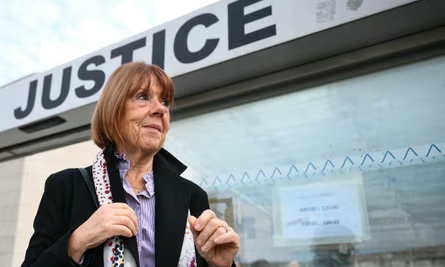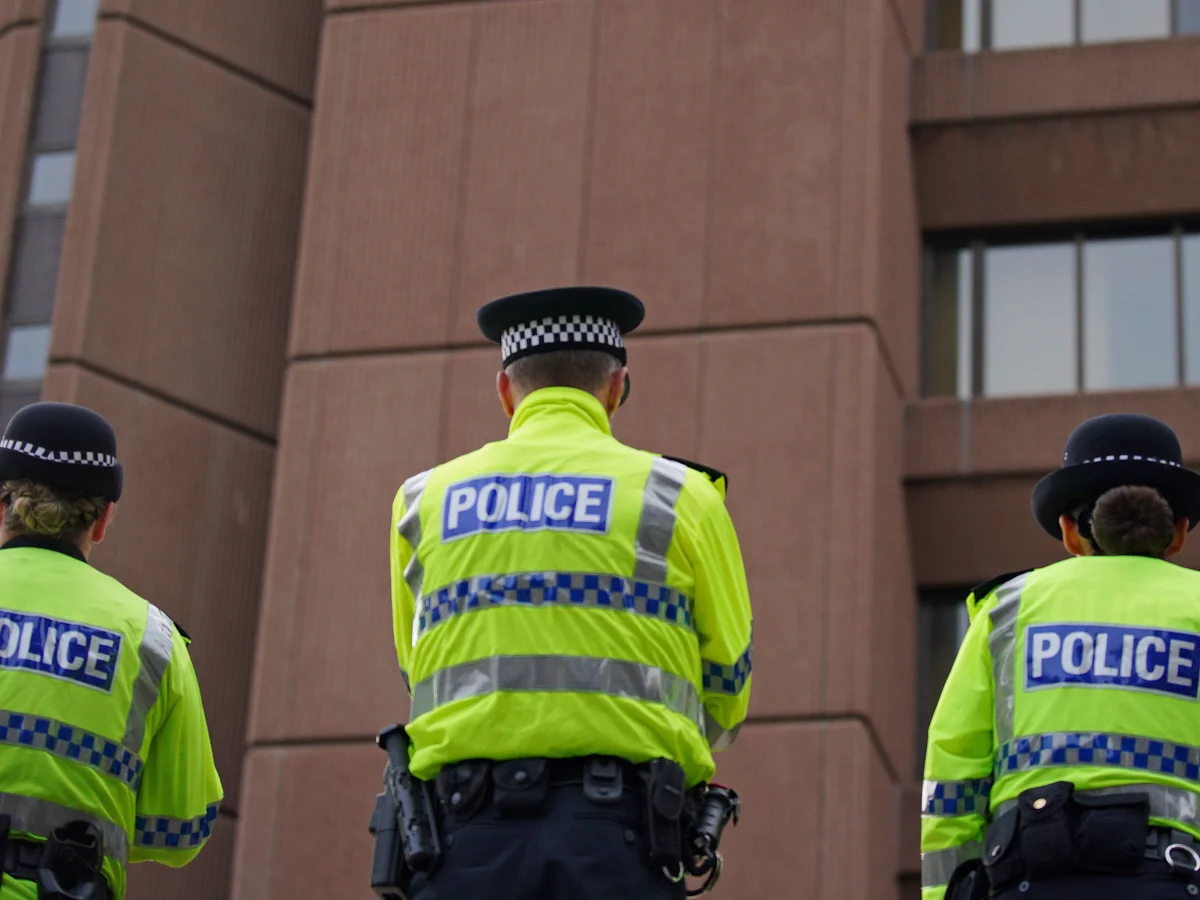The issue of unsolved violent and sexual crimes by UK Police has raised serious concerns, with official figures showing that an alarming number of cases remain unresolved. Despite the efforts of law enforcement agencies, many victims are left without justice, leading to a growing sense of disillusionment and distrust towards the police.
The Current State of Violent and Sexual Crime Investigations
According to the latest data from the UK Home Office, nearly 1.9 million violent or sexual crimes in England and Wales were closed without a suspect being caught or charged in the year leading up to June 2024.
This figure accounts for approximately 89% of all violent or sexual offenses that were given an outcome. The statistics paint a stark picture of the failure to address these crimes effectively, with only 11% of cases resulting in an arrest or charge.
The scale of the problem becomes even more evident when we look at specific crime hotspots across the country. In neighborhoods with the highest levels of violent and sexual crimes, fewer than 10% of cases were resolved. These areas include some of the largest urban centers in the UK, where police forces are struggling to cope with the increasing demand for resources.
For instance, in the West Midlands, only 6.9% of violent or sexual crimes were solved, while in the Metropolitan Police area, just 7% were resolved. In stark contrast, areas like Lancashire and Cumbria saw significantly higher resolution rates, with 19.2% and 18% of cases, respectively, being solved.
The low clearance rates can be attributed to a variety of factors, including resource constraints, growing victim withdrawal from investigations, and an apparent lack of priority given to such crimes by some police forces.
Read : Crime Challenges: Examining the Top 10 Countries with High Crime Rates
While some forces are making efforts to improve their response to sexual offenses and serious violent crimes, the disparity in outcomes between different areas highlights a need for a more consistent and coordinated approach.
Victim Disillusionment and the Erosion of Trust
One of the most troubling consequences of the low resolution rates is the increasing disillusionment among victims. As police forces continue to fail to solve a large percentage of violent and sexual crime cases, many victims are losing faith in the justice system and withdrawing their support for ongoing investigations.
According to official data, as many as 60% of all rape investigations are closed before prosecution because the alleged victim no longer supports police action. This represents a significant increase from 43% nine years ago.
The time-consuming nature of rape investigations is one of the main reasons why victims choose to disengage. On average, it takes 423 days for a rape investigation to result in a charge or summons, which is significantly longer than investigations for other types of crimes.

For comparison, violence against the person takes an average of 55 days, and theft takes just 28 days. As victims wait for months or even years for progress, their emotional and mental well-being often deteriorates, leading many to abandon the process entirely.
Jess Phillips, the Minister for Safeguarding and Violence Against Women and Girls, has described the situation as “completely unacceptable.” She emphasized that the failure to solve violent and sexual crimes is a reflection of a broader societal issue, highlighting the urgency of addressing violence against women and girls as a national emergency.
Her comments align with the findings of the Guardian’s investigation, which revealed that an increasing number of victims feel that the police are not equipped to handle such cases and that their concerns are not being taken seriously.
Helen Newlove, the victims’ commissioner for England and Wales, has also spoken out about the growing sense of betrayal felt by many victims. Drawing from her own personal experience—her husband was killed by a gang of teenagers in 2007—she emphasized the importance of ensuring that victims can place their trust in the justice system.

However, the reality for many is that investigations are often closed with no resolution, leaving victims feeling unheard and unsupported. As Newlove points out, victim confidence in policing is at an all-time low, and many victims are questioning whether reporting a crime will lead to any meaningful outcome.
Calls for Reform and a New Approach to Policing
The current state of violent and sexual crime investigations has sparked widespread calls for reform, with critics urging for a comprehensive overhaul of the country’s policing system.
Gavin Stephens, the leader of Britain’s police chiefs, has acknowledged the “disparity” in policing across the UK and backed calls for a “major shake-up” of the country’s 43 police forces.
The goal of such reforms would be to ensure a more equitable and efficient response to violent and sexual crimes, particularly in areas where the resolution rates are the lowest.
Yvette Cooper, the Home Secretary, has promised to end the “postcode lottery” of policing, a term used to describe the significant variations in the quality and effectiveness of police investigations across different regions.
In November, she announced the formation of a new body that would coordinate specialist functions such as forensics, IT, and the use of drones and helicopters to improve the efficiency of investigations.
More details about this taskforce are expected to be announced soon, as the government prepares to release a white paper outlining its plans for policing reform.
While some police forces are making progress in tackling these issues, there is still much work to be done. The National Police Chiefs’ Council (NPCC) has pointed to a cultural shift in the way police forces are approaching sexual offense investigations.

In particular, there has been a 38% increase in the number of rape suspects being charged in the year to December 2023 compared to the previous year. However, the NPCC has acknowledged that there is still much to be done to address issues such as disadvantage, discrimination, and contextual incompetence within the system.
The lack of progress on these fronts is reflected in the fact that many victims continue to withdraw from investigations and abandon their pursuit of justice. The increasing number of unsolved cases, coupled with the growing mistrust in the police, underscores the urgent need for comprehensive reform.
There must be a renewed focus on victim support, streamlined investigation processes, and the allocation of resources to ensure that police forces are equipped to address the needs of vulnerable communities effectively.
The ongoing crisis in the resolution of violent and sexual crime cases in the UK has far-reaching implications for both victims and society at large. With almost 90% of cases remaining unsolved, it is clear that significant changes are needed to restore trust in the criminal justice system and ensure that perpetrators are held accountable for their actions.
While some positive steps have been taken, including the establishment of new taskforces and an increase in rape suspect charges, much more needs to be done to tackle the root causes of the crisis.
Until victims feel confident that their voices will be heard and their cases will be resolved, the problem of unsolved violent and sexual crimes will persist, leaving many to wonder if the system will ever truly deliver justice.

